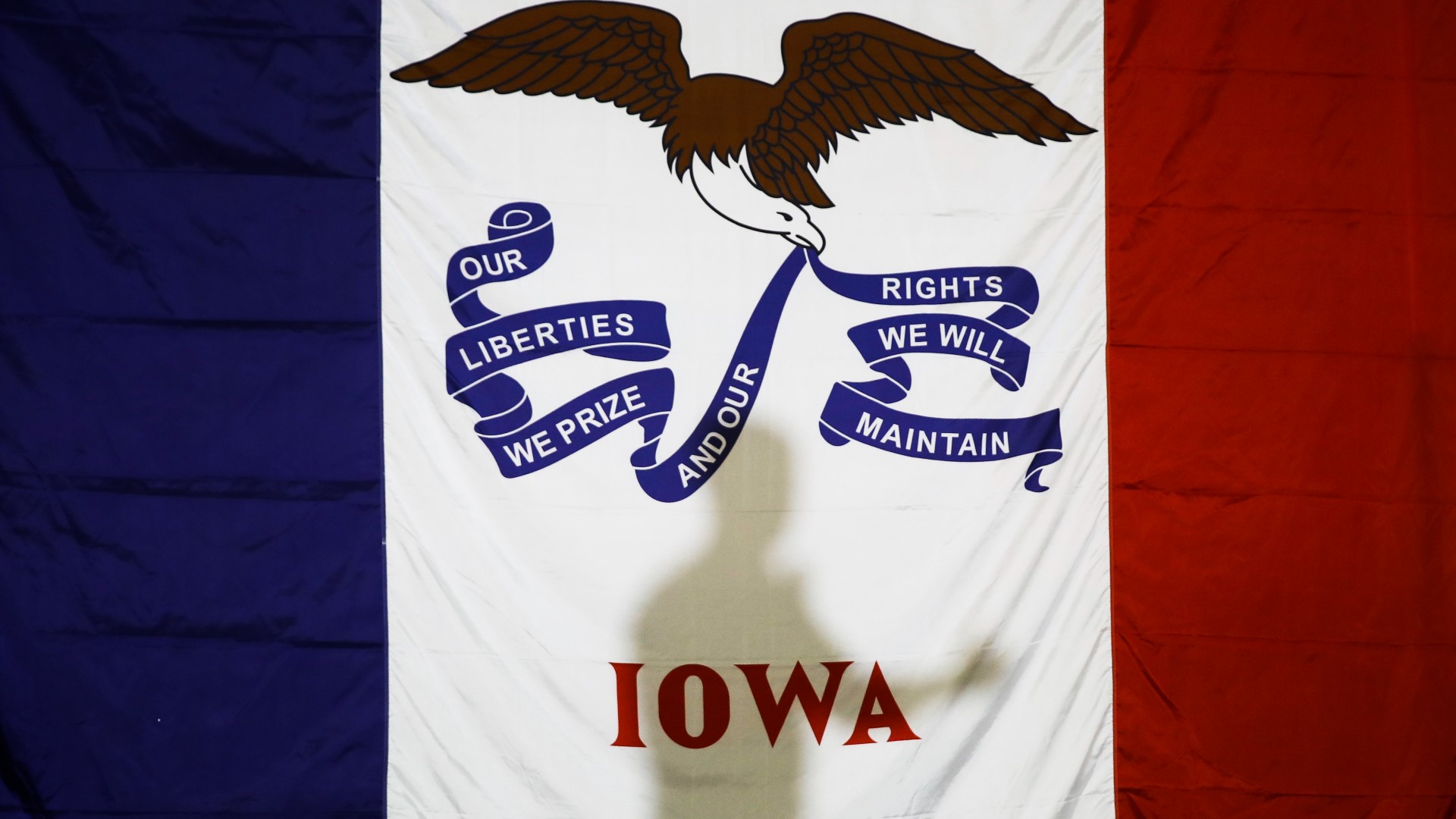IOWA, USA — With the arrival of the 2024 Iowa Caucus, former president Donald Trump is holding onto a commanding lead in the polls.
According to December's Des Moines Register/Mediacom Iowa Poll, Trump is supported by 51% of likely caucus-goers. His closest competition, Florida Governor Ron DeSantis, trails by more than 30 points, attracting 19% support. Former South Carolina Governor Nikki Haley follows closely behind DeSantis with 16%. No other candidate netted more than 5% support.
With such a wide margin between the candidates, is there any chance of a major upset on caucus night? Based on recent caucus history, it could be an uphill battle.
During the 2020 Democratic caucuses, Senator Bernie Sanders (I-VT) held a slight lead in the polls ahead of caucus night, averaging 23% support, according to analysis from RealClearPolitics. He overperformed that slightly, getting 24.7% of the vote. However, former South Bend mayor Pete Buttigieg initially averaged 16.8% in the polls but ended up getting 21.3% support. Buttigieg ultimately won the caucus by receiving more delegates, with 563 compared to Sanders' 562.
Looking back a bit further back to the 2016 Republican caucuses, then-candidate Donald Trump had a small lead in the polls, where he averaged 28.6% support. Senator Ted Cruz (R-TX) followed closely behind with 23.9%, and Senator Marco Rubio (R-FL) had 16.9%. However, on caucus night, Cruz managed to secure victory over Trump, ultimately getting 27.6% to Trump's 24.3%. Rubio also saw a surge despite his third-place finish, attracting 23.1% of the votes.
On the other side of the aisle, there wasn't quite as much movement in 2016. Former Secretary of State Hilary Clinton averaged 49.8% support in the polls ahead of the caucuses and ended up earning 49.6%. Sanders saw a slight underperformance, as his 49.6% poll support turned into 43.9% of votes on caucus night.
Finally, the 2012 Republican caucuses saw a significant upset. Senator Rick Santorum (R-PA) was averaging just 16.3% support in the polls but soared to a caucus night victory where he earned 24.6% of the vote. He beat former Massachusetts Governor Mitt Romney by just 34 votes. Romney was poised for a strong caucus night, polling with 22.8% support, and he even overperformed those polls with a final result of 24.5% of the vote despite ultimately coming up short to Santorum.
Examining all of the races described here, Santorum had the biggest shift between caucus polling and results with his eight-point leap. No candidate ever overperformed or underperformed by double-digit margins. Looking ahead to Monday, Jan. 15, that means that a loss for Donald Trump would be unprecedented. But Trump's competitors aren't giving up, and with frigid temperatures in the forecast that might impact voter turnout, there's still room for surprises when Iowans finally head to their caucus sites.

